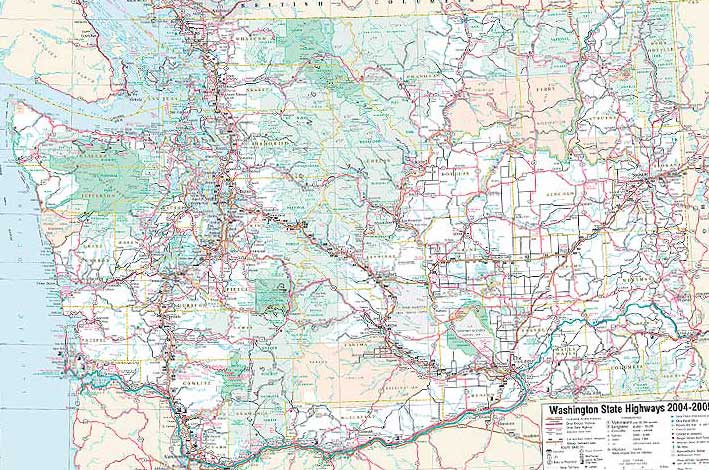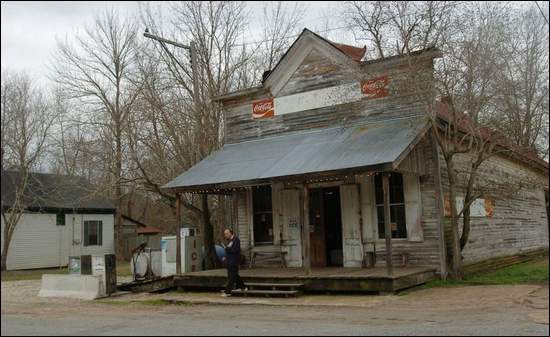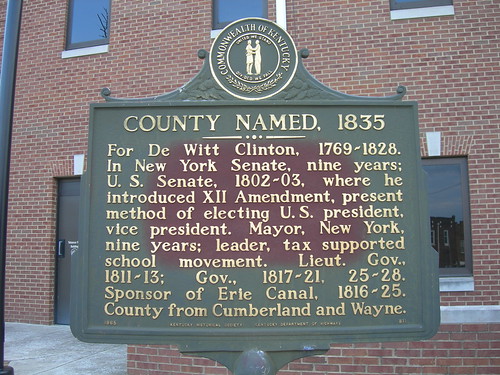Blue Highways: Dallesport (The Dalles), Washington
Unfolding the Map
 I'm going to apologize in advance, because I get political in this post. I don't usually do that, but sometimes a convergence of what I'm reading and society happens. As you know, this blog not only maps the places in book journeys, but is also a chronicle of what goes through my head as I read the literature. So, unsolicited, you get my opinion, just as in every post. Otherwise, The Dalles appears to be a beautiful area, and if you open the map, you can see where it is situated geographically.
I'm going to apologize in advance, because I get political in this post. I don't usually do that, but sometimes a convergence of what I'm reading and society happens. As you know, this blog not only maps the places in book journeys, but is also a chronicle of what goes through my head as I read the literature. So, unsolicited, you get my opinion, just as in every post. Otherwise, The Dalles appears to be a beautiful area, and if you open the map, you can see where it is situated geographically.
Book Quote
"At The Dalles another dam - this one wedged between high walls of basalt. Before the rapids here disappeared, Indians caught salmon for a couple of thousand years by spearing them in midair as the fish exploded leaps up the falls....
"....Natives found a new source of income in the falls when white traders came with boats to be portaged. One fur trader complained, as did many early travelers, that the Indians were friendly but 'habitual thieves'; yet he paid fifty braves only a quid of tobacco each to carry his heavy boats a mile upriver."
Blue Highways: Part 6, Chapter 9
 The Dalles Bridge between Dallesport, Washington and The Dalles, Oregon. Photo by "cacophony" at Wikimedia Commons. Click on photo to go to host site.
The Dalles Bridge between Dallesport, Washington and The Dalles, Oregon. Photo by "cacophony" at Wikimedia Commons. Click on photo to go to host site.
Dallesport (The Dalles), Washington
I must admit, this will probably be somewhat of a politically-leaning post, because that is what is on my mind today after reading Leonard Pitts' column in my local paper yesterday and reading LHM's quote, above.
In the article, Pitts outlines just how absurd Alabama's new law against undocumented immigrants might be. I hesitate to call them illegal because the violation of being undocumented is a civil violation, not a criminal one. What has happened since Alabama passed its law? According to Pitts, the state stands to lose $40 million in lost revenue because farms cannot find enough "legal" workers to harvest the fruits and vegetables. People of Hispanic descent, at whom the law appears to be aimed, have left the state in droves whether documented or not. Farmers complain that citizens and documented residents that they have hired quit after a few hours because they can't take the backbreaking work. I read that citizens aren't taking these jobs even as farmers have been doubling wages trying to attract workers.
Of course, slamming immigrants and blaming them for the nation's problems has been an American tradition for a long time. Many of the same people calling for border fences and increased armed forces on the border and other anti-immigration policies had ancestors who were shunned and derided as Wops, Chinks, Polacks, Micks, Krauts, and all the other groups that immigrated to the United States in the 1800s. Those people were pushed into crowded slums lined with tenements. Disease was rampant, jobs scarce. Gangs and thuggery were rife. Signs on businesses often said "(Your favorite ethnic group here) Need Not Apply." One of our current presidential candidates, who has called for an electrified border fence that might kill illegal immigrants, most likely had ancestors that were forcibly brought to this country and enslaved, and then after gaining citizenship were shunned and segregated for the next 100 years. Others might have had ancestors that escaped the concentration camps.
The difference now is that much of the immigration problem is not due directly to U.S. policies on immigration, but is part of wider and deeper economic and social forces put in place by the globalization of the world economy. The equation is simple - laborers will move to where jobs are more plentiful and lucrative. Unfortunately, while the borders for goods and services are being relaxed and dismantled, the borders that restrict the flow of labor are being intensified. The United States borders Mexico, which is not necessarily a poor country because there is a lot of money there, but it is a country with a huge income gap between the small number of the richest and the huge number of the poorest. There are many, many people in poverty. So, they go where the jobs are. Even if the jobs are crappy they pay more than working a farm or tending store in Mexico City. Undocumented workers hope immediately that they can make enough to send back home and keep their families fed. Maybe, they hope that one day they can become documented and move their families to the US, but that hope is becoming more remote. In the mean time, they work and send the money home not knowing if they will be caught and deported. Many today call that criminality, but that kind of devotion to trying to get ahead and taking care of family would be, under other circumstances, called "family values" and "initiative," by the same people.
LHM's quote reminds us that it is very easy to demonize people based on characteristics. In LHM's quote, the white trappers were the invaders into Indian lands. The Natives, seeing an opportunity for gain (which is in the good old capitalist tradition), were derided as cheats and thieves, and then cheated themselves by the trappers that so labeled them. If anyone had the right to be angry, upset and fearful of this wave of different looking people coming across borders and taking valuable resources away from the longtime rightful owners, it was Native peoples. As the quote illustrates, they had lived in a land of plenty and were industrious in how they used the land for its resources without overtaxing it. They reached a balance with Nature and what they needed. Who were the unwanted strangers then? Lewis and Clark and the legions of European descendents that followed them.
I contrast that with today. I tend to believe that the arguments over immigration are straw men, an attempt to demonize a group to mask other problems and mistakes. Undocumented immigrants did not shove us into recession or push our visible unemployment rate over 9 percent. Undocumented immigrants didn't invest in overvalued stocks, nor did they push real estate to overinflated prices until the bubble burst. Undocumented immigrants didn't push our deficit into the trillions or contribute to a massive trade deficit or transfer our national debt over to the Chinese. Undocumented immigrants didn't bankrupt our pension funds and underfund our schools. Undocumented immigrants didn't steal jobs, they seem to have filled jobs at which US citizens turn up their nose. And when they are gone, the economies of agricultural states will suffer and so will a lot of other people.
Do I pretend to know what to do about undocumented immigration? A lot of smarter minds committed to finding answers have worked on it. All I know is what I see and perceive. To me, the furor over undocumented immigrants just doesn't add up. We have so many problems to solve, it seems a waste of time to worry about people slipping across the border in an attempt to help their families survive. I'd rather that U.S. citizens worry about how to fix our political problems, how to get people back to work in jobs they want, how to fix the ever-widening gap between rich and poor, and most of all make this land a land of opportunity for everyone to be able to reach extraordinary achievement and good fortune. I think we should all remember that in life, we all came into this world with nothing, and eventually we will migrate from it without being able to take anything with us. In that, we're all just immigrants passing through creation and over time, we'll all be undocumented.
Musical Interlude
A song about immigration should have a variety of participants. The Puerto Rico-based group Calle 13 has a song called Pal Norte (translated as "Heading North), which mixes Andean and traditional beats into the driving reggaeton style. The song is a chronicle of the trials and tribulations of those who immigrate.
If you want to know more about Dallesport or The Dalles
A2ZGorgeInfo.com: Dallesport
Celilo Falls and The Dalles Dam
Center for Columbia River History: The Dalles Dam
Columbia River Images: The Dalles Bridge
The Dalles Chronicle (newspaper)
El.com: The Dalles
Historic The Dalles
Wikipedia: Celilo Falls
Wikipedia: The Dalles
Wikipedia: The Dalles Dam
Wilipedia: Dallesport
Next up: Stonehenge on the Columbia, Washington




 Friday, November 4, 2011 at 3:48PM
Friday, November 4, 2011 at 3:48PM
